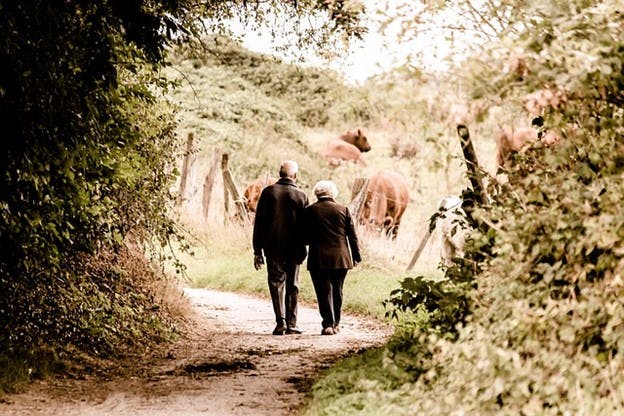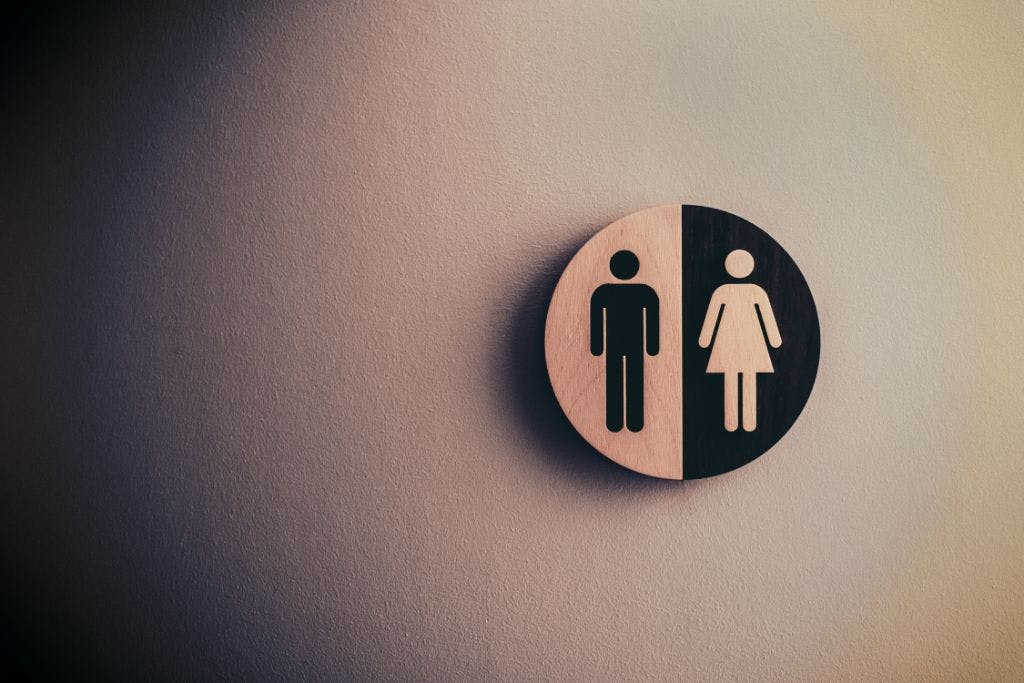First published on Monday, Jun 08, 2020
Last updated on Wednesday, Jun 19, 2024
The Equality Act 2010 states that it's unlawful to discriminate against job seekers, trainees, and employees based on their age. When the discrimination is because of someone's age, it's age discrimination.
Is there a specific age discrimination act in the UK?
The Equality Act 2010 replaced the Employment Equality (Age) Regulations 2006. It covers the nine protected characteristics—of which age is one.
Examples of age discrimination in the UK
There are four types of age discrimination. Let's go through all of them.
1 Direct discrimination
Direct discrimination is when you treat someone less favourably than you treat others based on his or her age. It can happen in any of three ways.
- Direct age discrimination could involve less favourable treatment because of a person's actual age, such as not hiring someone because you decide they're too young to be competent in a job role.
- Or their perceived age—this one is when you treat someone worse than you treat others based on what you think that person's age is.
- The third type is associative age discrimination. This is when you treat someone less favourably due to someone else's age. This person could be a friend, spouse, partner, or anyone they associate with.
2 Indirect age discrimination
This is when you have a policy or practice in your workplace that applies to all workers, but that has a negative effect on people of a certain age or age group.
Examples of indirect age discrimination during the recruitment process are common. Let's say you're hiring for a new role in your company, and you want someone with at least five years' experience—then younger job seekers, such as fresh graduates, are at a disadvantage.
If you can prove that a restriction that handicaps some people is in place for appropriate and necessary reasons—such as health & safety, or to run an efficient service—your indirect age discrimination might be legal.
3 Harassment
When unwanted conduct based on someone's age makes him or her feel scared, humiliated, or degraded, it's harassment.
For example, if you make jokes about someone's age, or give someone a nickname based on their age, such as "Old Johnny", it's harassment.
4 Victimisation
The Equality Act 2010 states that victimisation is unlawful.
It happens when you suffer detrimental treatment because you raised a grievance (made a complaint) regarding discrimination. Your actions can be on behalf of yourself or someone else.
It's also victimisation if you suffer detrimental treatment because you make a legal tribunal claim, such as for age discrimination.
A person has protection from victimisation when they:
- Make a claim or complaint of discrimination.
- Give evidence or information to assist someone else who has made a claim or complaint.
- Say that someone has done something unlawful under the Equality Act 2010.
Age discrimination exceptions to the rule
The Equality Act 2010 does allow a few exceptions. For example:
- When higher pay or other benefits for an employee require a certain length of service.
- National Minimum Wage age rules.
- Redundancy pay guidelines.
- Insurance.
- Pensions.
Protect your business and people of all ages
Make sure you have policies that prevent age discrimination when you are:
- Hiring staff.
- Deciding terms and conditions of employment.
- Training your staff.
- Choosing staff for promotion.
- Handling a disciplinary or grievance.
- Dismissing an employee.
Need help?
Age discrimination can cost your business thousands of pounds and give your brand a bad name. It can be hard to know what is and isn't discrimination.
But you're in luck. BrightHR has experts on hand to offer free employment law advice to our customers.
Book your free demo of BrightHR today and save your business from making a terrible age discrimination mistake.
Have a question?
Ask away, we’ve got lightning fast answers for UK business owners and employers powered by qualified experts.










